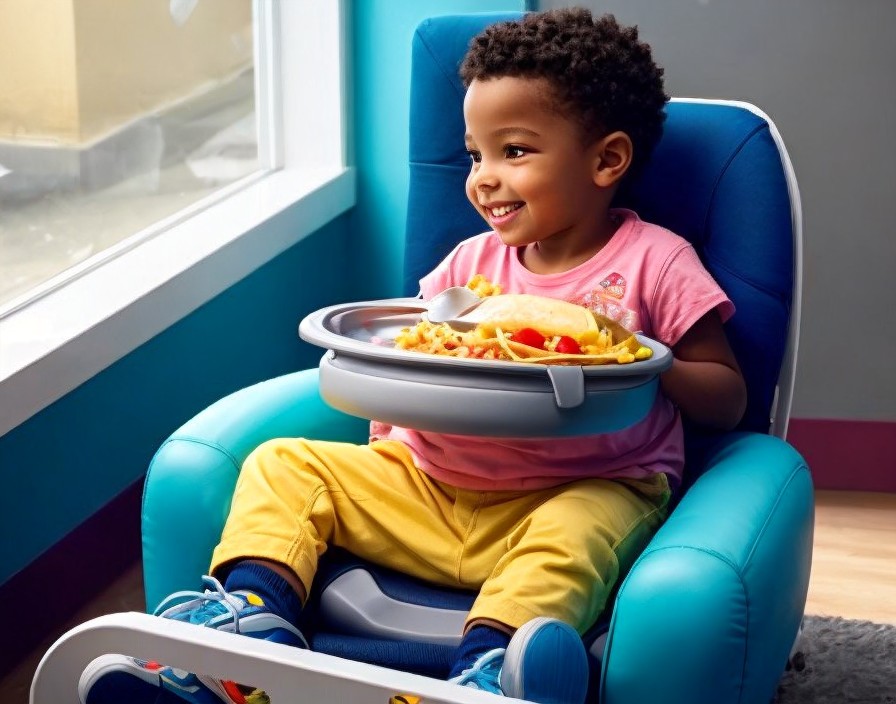
As parents, we often find ourselves worrying about our children’s eating habits. We want to ensure they receive the right nutrients and grow up healthy and strong. However, in our quest to feed them well, we sometimes end up controlling their food intake too much. This approach can backfire, leading to mealtime battles and stress for both parent and child. Instead, here are some tips to help your child eat well and make mealtimes enjoyable:
Stop Controlling Their Food Intake
Children have an innate sense of how much food they need. Trust them to listen to their bodies and decide when they are full. Forcing them to eat more than they want can lead to a negative relationship with food. Allow them to stop eating when they signal they have had enough.
Let Them Connect with Their Hunger
Encourage your child to recognize and respond to their hunger cues. This helps them understand their body’s needs and develop healthy eating habits. Instead of insisting they eat at specific times or finish their plate, let them eat when they are genuinely hungry.
Trust Your Baby
Trust is key when it comes to feeding your child. Believe that your child knows how much food they need. This trust fosters a positive eating environment where your child feels comfortable making their own choices about food. It’s important to support their autonomy and help them build a healthy relationship with food.
Make Mealtime Pleasurable
Eating should be a fun and enjoyable experience, not a chore or punishment. Sit with your child and share meals together. If you’re not hungry, simply keep them company and engage in pleasant conversation or playful activities. Creating a positive atmosphere around meals can make a significant difference in how your child perceives food.
Avoid Fussing About Food
We often become overly sensitive about whether our child is eating enough. This anxiety can transfer to the child, making mealtime a stressful event. Instead, relax and trust that your child will eat what they need. Avoid turning mealtime into a power struggle.
Let Food Be a Joy
Focus on making food enjoyable rather than something that must be controlled or enforced. Introduce a variety of foods and let your child explore different tastes and textures. Encourage them to try new things, but don’t pressure them. Celebrate the act of eating as a joyful, shared experience.
Eat Together
One of the best ways to encourage healthy eating habits is by eating together as a family. This not only provides a model for your child but also makes mealtime a bonding experience. Children are more likely to try new foods and eat well when they see their parents doing the same.
By following these tips, you can create a positive and stress-free environment around food, helping your child develop a healthy relationship with eating.
We hope these tips help you make mealtimes more enjoyable and stress-free for you and your child. Do you have any other topics you’d like us to cover? We’d love to hear your suggestions and feedback.
















